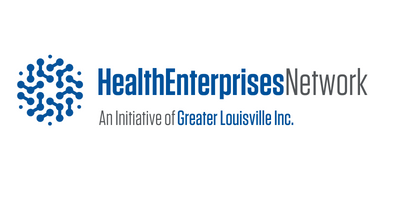To be effective in moving the bar to build a diverse, equitable, and inclusive organization, Health Enterprises Network (HEN) hosted a presentation to the Board on diversity, equity, and inclusion (DE&I).

Vahid Mockon
On November 10, 2021, Vahid Mockon, Manager, Industry Networks at Greater Louisville Inc. and a member of HEN’s DE&I Committee, gave a presentation on implicit bias. This session demonstrated how implicit biases manifest themselves, are underpinned and perpetuated unconsciously, and countered.
The training clarified concepts and terminology, explained the prevalence of unconscious/implicit bias, described the impact of unconscious/implicit bias and identified steps to challenge unconscious/implicit biases. A Participant Guide provided definitions, exercises and video links to illustrate what implicit bias is and how it develops. For example, participants were invited to watch “Implicit Bias: Peanut Butter, Jelly and Racism” a New York Times and PBS video series created in 2016 where experts explain how implicit bias develops using the example of a PB&J sandwich. The video explains that implicit bias is not the same as racism, but it is just as important to understand and dismantle.
Impact of bias on healthcare
Implicit biases have been identified as one possible factor in healthcare disparities and they are likely to have a negative impact on patients from stigmatized groups. Further, the guide references a 2015 study revealing that most health care providers appear to have implicit bias in terms of positive attitudes toward Whites and negative attitudes toward people of color. Interventions targeting implicit attitudes among health care professionals are needed because implicit bias may contribute to health disparities for people of color
According to the participant guide “Because implicit bias operates at a mostly unconscious level, it is difficult for individuals to overcome. No existing training regime has proven particularly effective at de-biasing implicit bias. Fortunately, some research shows that stereotypes can be unlearned and that safeguards can be put in place to minimize their impact.”
The guide offers some suggestions for overcoming our biases by Alice Boyes, Ph.D.’s article from Psychology Today.

Recent Comments